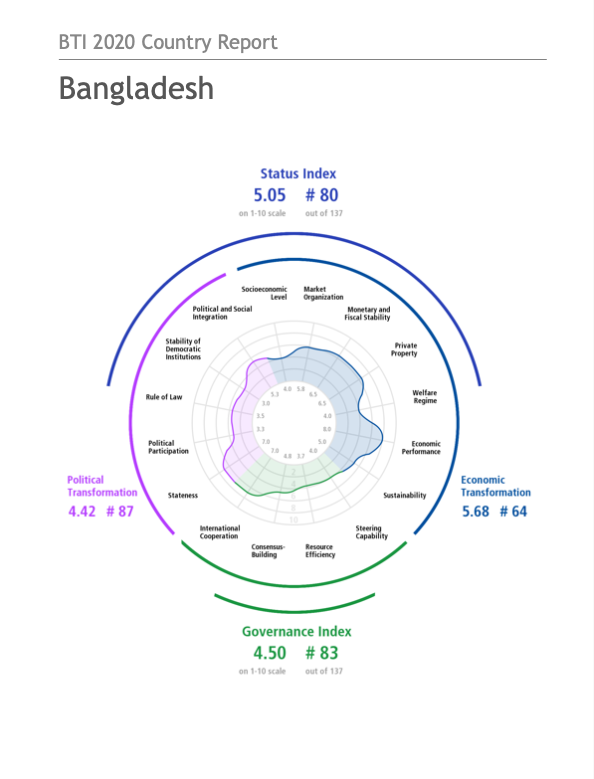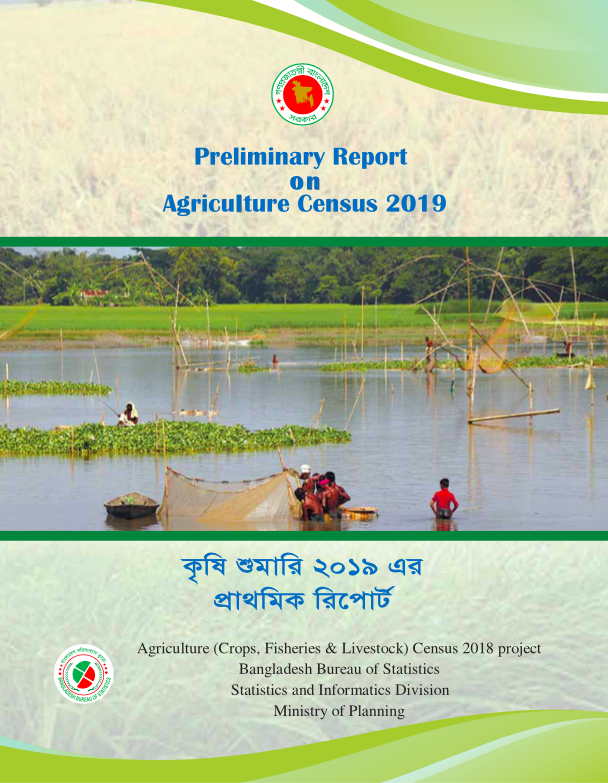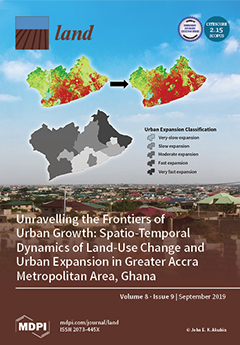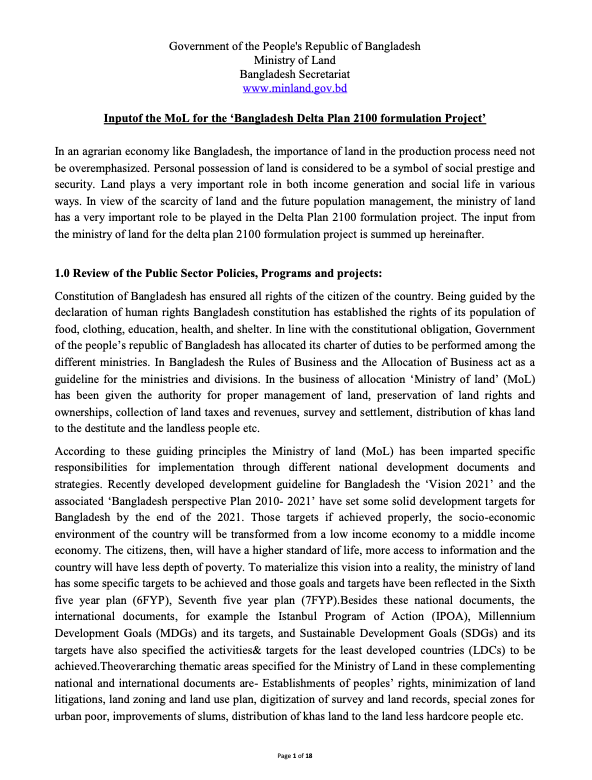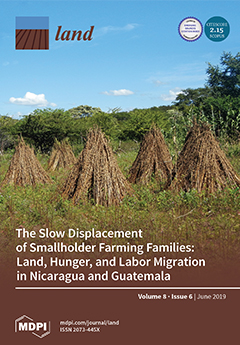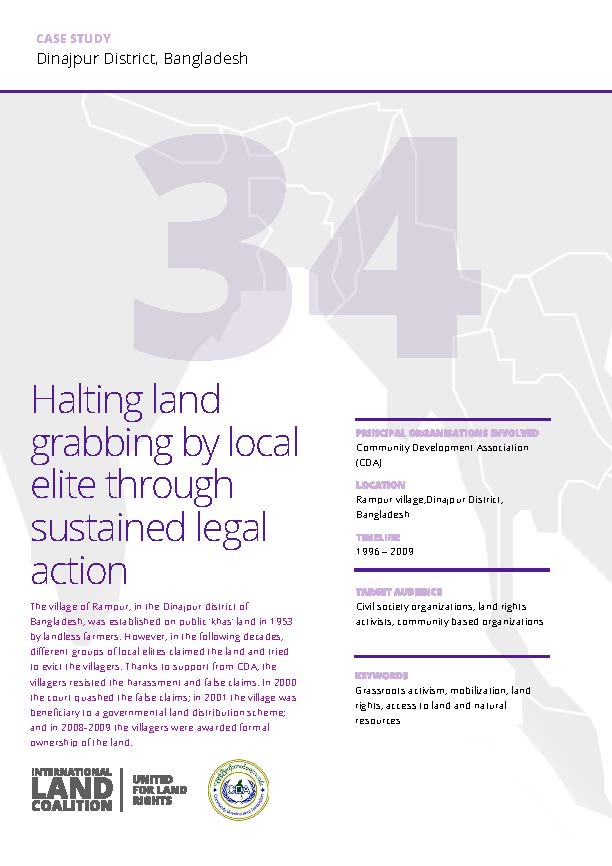ABSTRACTED FROM EXECUTIVE SUMMARY: On December 30, 2018, Bangladesh held national elections. The election was not deemed fair by observers, and from the point of filing nomination papers to election campaigning, the opposition faced severe political obstacles. Their cadres were arrested, and…
In this article, we critically review the developmental claims made for the construction of the Rampal power plant in southwestern Bangladesh, in the light of evidence about transformations of land control related to this construction project. Land has become a heavily contested resource in the…
This report summarizes the findings from the Organizational Midline Study (OMS) carried out in August-September of 2019 in Bagerhat, Bangladesh. The interviews were conducted with the same 10 organizations interviewed during the Organizational Baseline Study (OBS). The organizations are all…
Bangladesh, being a developing country, needs an uninterrupted electricity supply to sustain and expand economic growth. The government’s strategic vision of 2021 and the international commitment under the Paris Agreement has meant to attract new capital investments for renewable electricity…
Assessing the effects of different land use scenarios on subsequent changes in ecosystem service has great implications for sustainable land management. Here, we designed four land use/land cover (LULC) scenarios, such as business-as-usual development (BAUD), economic development priority (EDP…
The Gabgachhia village is located in the coastal region of Bangladesh’s Khulna district. It is one of the seven villages selected for the CCAFS midline household survey. The village was also selected for the village midline study (VMS).
The community has witnessed multiple changes in…
The coastal region of Bangladesh is prone to natural disasters and these events are expected to worsen as a result of climate change. Combined with anthropogenic factors, these events challenge livelihood opportunities, especially crop production. Waterlogging, tidal activity and the lack of…
The Agriculture Census 2019, the sixth in its series, is an agricultural statistical venture of Bangladesh Bureau of Statistics (BBS). Not only has Bangladesh recorded persistent economic growth of 7.86 to 8.13%, but it has also achieved a substantial reduction in poverty rate. Bangladesh…
In a warming world, urban environmental stresses are exacerbated by population-increase-induced development of grey infrastructure that usually leaves minimal scope for blue (and green) elements and processes, potentially resulting in mismanagement of stormwater and flooding issues. This paper…
In an agrarian economy like Bangladesh, the importance of land in the production process need not be overemphasized. Personal possession of land is considered to be a symbol of social prestige and security. Land plays a very important role in both income generation and social life in various…
Recent conflict along the border of Bangladesh and Myanmar has amplified a food security crisis and access to the region remains challenging. Moderate-resolution satellite remote sensing offers an approach to complement more traditional food insecurity hot spot assessment across Rakhine, Myanmar…
The village of Rampur, in the Dinajpur district of
Bangladesh, was established on public ‘khas’ land in 1953
by landless farmers. However, in the following decades,
different groups of local elites claimed the land and tried
to evict the villagers. Thanks to support from…

